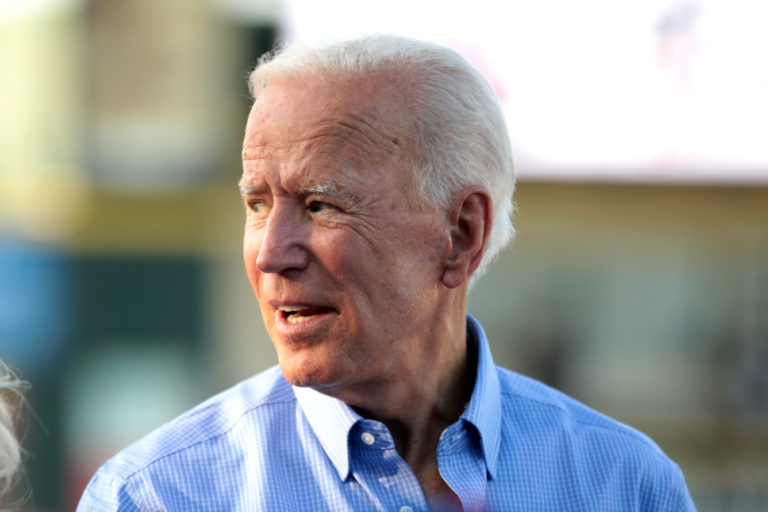The Labor Department today released another lackluster employment report, with the U.S. economy adding only 199,000 jobs in December as the unemployment rate fell to 3.9%, from 4.2% in November. This data comes from before the impact of the omicron variant.
Moreover, COVID-19 vaccine mandates, massive new federal entitlements in the Build Back Better Act, and other far-left wish-list items threaten future growth and could intensify the labor shortage. Rachel Greszler, Heritage research fellow, released the following statement Friday on the way forward:
“The problem today is not a lack of available jobs, but a lack of workers. If the labor force participation rate were what it was in December 2018—the last time the unemployment rate was a similar 3.9%—there would be 2.9 million more workers in the work force. Yet, with 10.6 million job openings, there are more than 1.5 jobs available for every unemployed worker. Employers are struggling to fill open positions. A shocking 4.5 million Americans quit their jobs in November alone.
“The National Federation of Independent Business (NFIB) reports that 48% of business owners were unable to fill open positions in November—more than double the 22% historical average. To attract the workers they need, a record number of employers are raising compensation, but higher compensation without increased productivity translates into higher prices, exacerbating inflation and eating away at workers’ wage gains.
“American jobs must be more beneficial than government welfare. Recent expansions in government benefits have encouraged millions of Americans to stay unemployed after losing a job or to leave stable jobs, essentially paying Americans not to work. Democrats’ so-called Build Back Better Act would make this even worse. And the central planning provisions of this huge social spending bill would make it harder for businesses to employ workers.
“Washington has done enough damage to the labor market. It’s time for policymakers to abandon the Build Back Better Act, COVID vaccine mandates, and other government barriers to work. Instead of anchoring Americans to government programs, policymakers should enable them to thrive.”
















